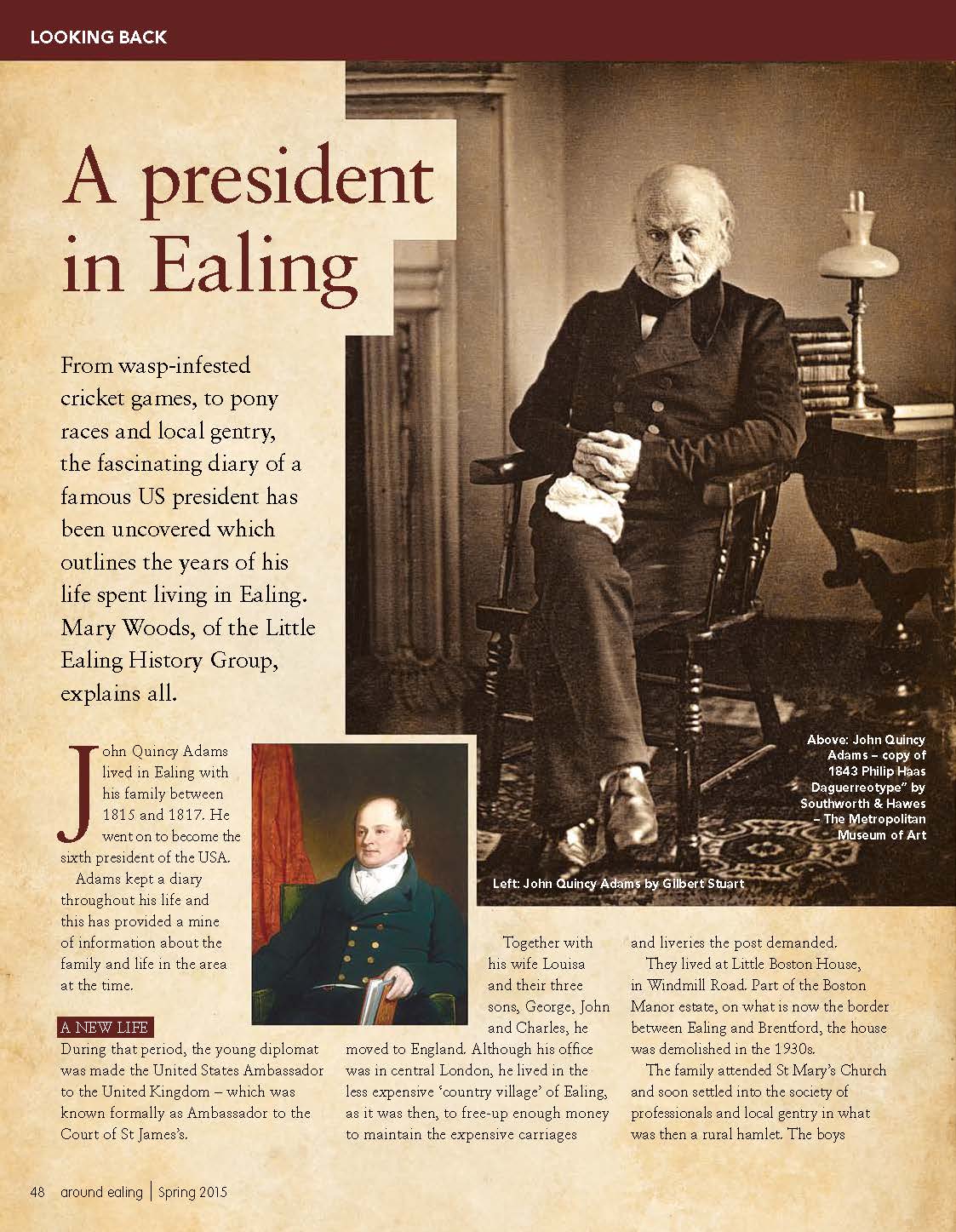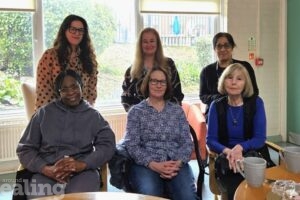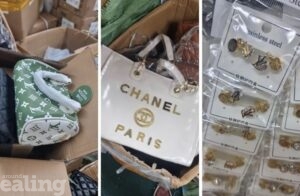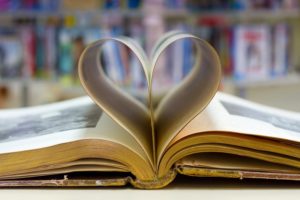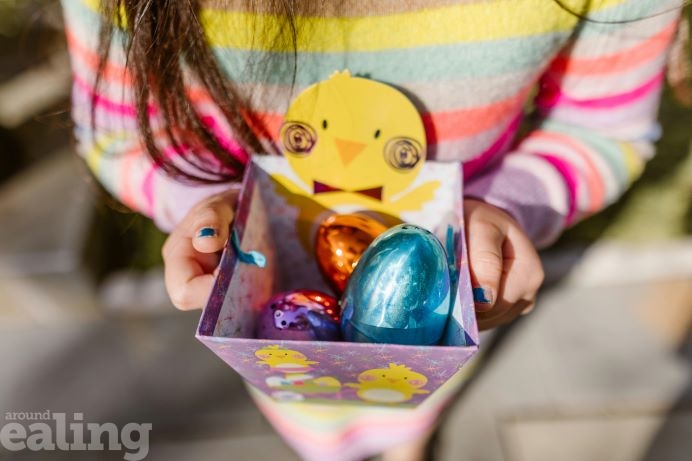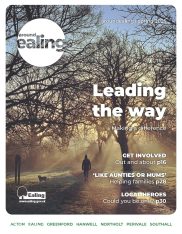From wasp-infested cricket games, to pony races and local gentry, the fascinating diary of a famous US president has been uncovered which outlines the years of his life spent living in Ealing. Mary Woods, of the Little Ealing History Group, explains all.
John Quincy Adams lived in Ealing with his family between 1815 and 1817. He went on to become the sixth president of the USA.
Adams kept a diary throughout his life and this has provided a mine of information about the family and life in the area at the time.
A NEW LIFE
During that period, the young diplomat was made the United States Ambassador to the United Kingdom – which was known formally as Ambassador to the Court of St James’s.
Together with his wife Louisa and their three sons, George, John and Charles, he moved to England. Although his office was in central London, he lived in the less expensive ‘country village’ of Ealing, as it was then, to free-up enough money to maintain the expensive carriages and liveries the post demanded.
They lived at Little Boston House, in Windmill Road. Part of the Boston Manor estate, on what is now the border between Ealing and Brentford, the house was demolished in the 1930s.
The family attended St Mary’s Church and soon settled into the society of professionals and local gentry in what was then a rural hamlet. The boys attended Great Ealing School which stood in the present Ranelagh Road, close to St Mary’s Church. The headmaster was Dr Nicholas and the Adamses soon became close friends with the Nicholas family. The diary is full of references to them and to the other friends and acquaintances Adams made in the area.
Some met at a dining club at the New Inn in the present St Mary’s Road.
CROWDED DANCING, AND CRICKET
Adams describes a ball which took place at the assembly rooms attached to the New Inn. It was held to mark the birthday of the Duke of Kent, the son of King George III.
The Duke was Ealing’s most notable local resident, and Adams writes about meeting him. At the ball, two lines of dancers each with 21 or 22 couples, took part in country dances. But the ballroom was newly finished, damp, hot and overcrowded – which led to ill effects for some participants, including Louisa.
Adams writes about another social occasion at Gunnersbury Park which was owned at the time by Alexander Copland, a successful building contractor. Adams attended a cricket match there; he says little about the game but describes how the cold dinner served in a tent was interrupted by a swarm of wasps.
POVERTY AND LOCAL FAIRS
Adams describes his walks around the area and his observations of local life.
He comments on poverty and social conditions. He writes somewhat scathingly about the abilities of the local clergy.
The family visited and enjoyed local events and fairs, including pony races on Ealing Dean. A poster for a fair in Ealing from 1813 spoke of such attractions as ‘grinning through a horse collar’ to win the prize of ‘a large leg of mutton’.
Adams also writes extensively about family life, including his concerns about his sons’ education and the family’s health. The diaries provide intriguing glimpses of both the life of the family, and the area two hundred years ago.
Adams was recalled to the USA in April 1817. He writes wistfully of leaving Little Boston House; it had been a happy period. He served as President of the USA between 1825-29 and was a forceful opponent of slavery.
READ MORE
Little Ealing History Group has published a book based on the diaries and further research into the people, places and events they refer to. An American President in Ealing: The Diaries of John Quincy Adams 1815 to 1817, is available now at £10. For more information, visit www.littleealinghistory.org.uk
This originally appeared in Around Ealing spring 2015
